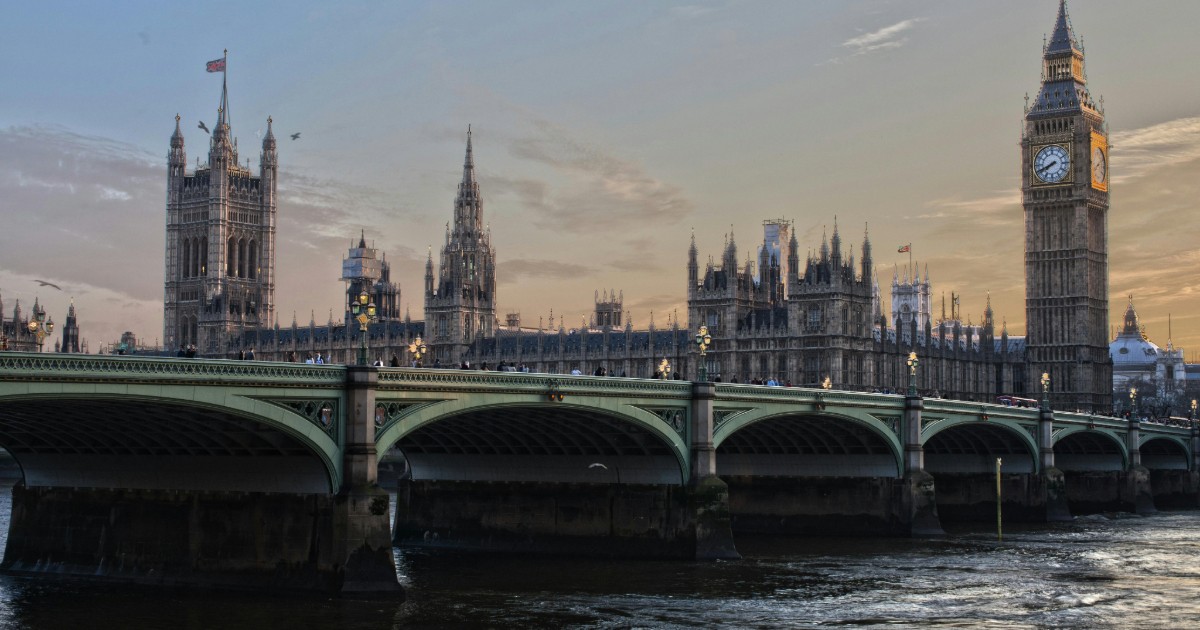Investigations into alleged election betting have dominated the news at the tail end of the general election campaign, and prompted a much wider debate about political gambling.
But what are the rules around MPs or candidates placing bets? We take a look here at what’s permitted, and what the law says.
Get our latest general election fact checks
Sign up to our email updates and get election updates straight to your inbox
Are politicians allowed to bet on politics?
As long as there is no inside information involved, there are no specific rules around politicians, candidates or others working in politics placing bets on politics, and in general terms, nothing to stop them doing this. Indeed, in recent days a number of senior politicians from different parties have said that this is something they have done in the past.
Some have pointed out this is very different to the rules in sport—with professional footballers, for example, not allowed to take part in any form of football-related gambling—and there have been calls from some for the rules to be reviewed.
However gambling, including political gambling, is regulated by the Gambling Commission and there are strict rules around the use of inside information.
How does the Gambling Commission work?
The Gambling Commission regulates gambling “in the interests of consumers and the wider public”. It told Full Fact that it is “investigating the possibility of offences concerning the date of the election”, but as it is an ongoing investigation, it “cannot provide any further details at this time”.
It noted, however: “If someone uses confidential information in order to gain an unfair advantage when betting, this may constitute an offence of cheating under section 42 of the Gambling Act, which is a criminal offence.”
Under section 42 of the Gambling Act 2005 it is a criminal offence to “cheat” at gambling or do anything for the purpose of enabling or assisting another person in doing so.
All betting companies licensed by the Gambling Commission (including remote betting intermediary licensees, or trading rooms) are required to report suspected offences. They are also required to carry out enhanced due diligence on the gambling of “politically exposed persons”—individuals with “prominent public functions”, such as MPs.
Suspicious activity in betting markets is often connected with manipulation of results in sports, such as match fixing. Allegations of this sort are handled by the Gambling Commission’s Sports Betting Intelligence Unit. But the Commission also looks at the misuse of inside information related to all betting markets. It recognises that bets can be placed on political markets and says that its decision-making framework “applies equally to each of these markets i.e. it is not restricted to sports betting”.
What sanctions apply?
Those found guilty of an offence under section 42 of the Gambling Act 2005 could be imprisoned for up to two years, or receive a fine, or both.
Explaining its decision-making framework in sports however, the Gambling Commission acknowledges “pursuing a criminal sanction will not always be possible and often will not be the most effective or efficient approach to take”.
It explains that “a criminal case will very often rely on establishing relationships between those involved and identifying the flow of money”. It adds that “in some cases, a SGB [sport governing body] sanction may be more appropriate and can act as a timely deterrent” because the “standards of proof required for a civil sanction are lower than those required for a criminal sanction”.
The Gambling Commission works closely with sport’s governing bodies, which have their own processes for handling allegations, and which can impose other penalties, such as banning athletes from competitions.
In football, for example, a worldwide ban on betting on the sport applies to “all those involved in the game at Premier League, English Football League, National League and The FA Women’s Super League and The FA Women’s Championship levels, as well as those at clubs in the Northern, Southern and Isthmian leagues”. Likewise, jockeys licensed by the British Horseracing Authority cannot bet on any horseracing whatsoever.
There is no exact equivalent for politicians.
For serving MPs, the Code of Conduct for Members of Parliament says: “Members shall never undertake any action which would cause significant damage to the reputation and integrity of the House of Commons as a whole, or of its Members generally.” We’ve asked the Office of the Parliamentary Commissioner for Standards if election betting could fall within this, and will update this explainer if we hear back. MPs suspected of breaching this provision of the Code may be investigated by the Parliamentary Commissioner for Standards, and depending on the outcome of that investigation, could be subject to sanctions imposed by the House of Commons.
In a blog post commenting on the political consequences of recent allegations, the Institute for Government said “ethical scandals, like the election betting furore, disrupt the ability of governments to deliver on their political priorities”.
But while recent allegations have prompted calls from some politicians for a ban on political bets by MPs because they are “too close” to the outcomes, others have cast doubt on the need for new regulation.

